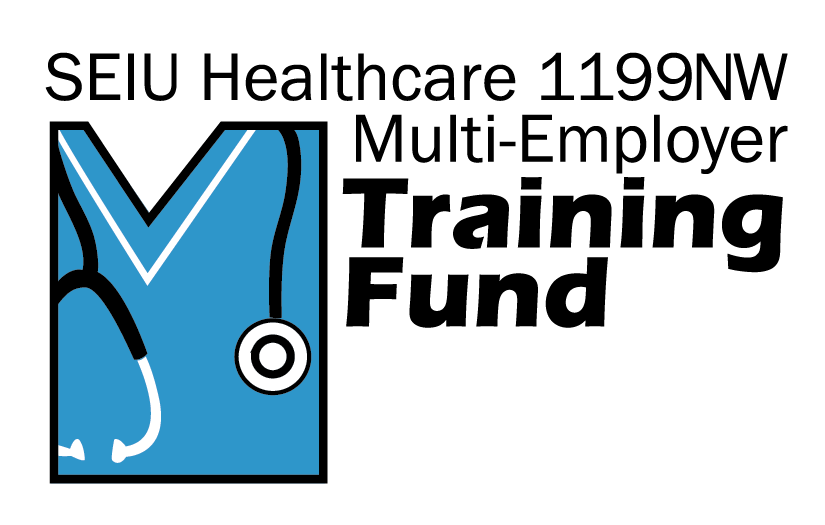
Member Spotlight: Adil Mohamed
Our Members say it best!
Adil’s Success Story
Adil Mohamed did not take the traditional path into healthcare but has found his purpose as a Surgical Technologist and continues to learn and grow in his field with the support of Training Fund benefits.
Adil originally attended Washington State University (WSU) with another career in mind.
“My initial path was quite different, as I attended WSU for an unrelated field. I always felt a pull towards healthcare and sought a way to enter the field without undertaking another lengthy period of schooling. This led me to pursue a career as a Central Processing Technician, which served as my entry point into a hospital environment.”

When he was hired at Swedish Medical Center, he learned about the Training Fund and colleagues who had used their benefits to advance their careers. As an SEIU Healthcare 1199NW member and Swedish Medical Center employee, Adil became eligible for Training Fund benefits after his probationary period and has been a Training Fund member since 2018.
“After gaining a few years of experience, I was ready for a new challenge and decided to become a Surgical Technologist. This is where the Training Fund became incredibly crucial. It enabled me to enroll in the program at Renton Technical College with very minimal out-of-pocket expenses. The financial support and resources provided by the Training Fund were invaluable, especially as I was managing a full-time job and family, while attending school full-time. It significantly reduced the financial burden of covering college costs.”
Adil completed the Surgical Technology Certificate program at Renton Technical College at the end of summer 2019. He now works at Virginia Mason Franciscan Health St. Anne Hospital and was thrilled to still be an eligible Training Fund member through his union and employer. He has continued to use his Training Fund benefits to support his career, including reimbursement for CE membership, certification, and conferences.
“The resources and support the Training Fund offers have been instrumental in my professional growth. I’ve been able to expand my knowledge and skills, which has directly helped me take on more responsibilities and contribute to departmental improvements. The Training Fund has truly made a positive impact on my career development and has motivated me to keep advancing in my field. This definitely has been a great benefit for me!”










